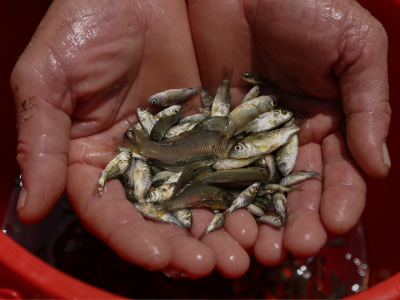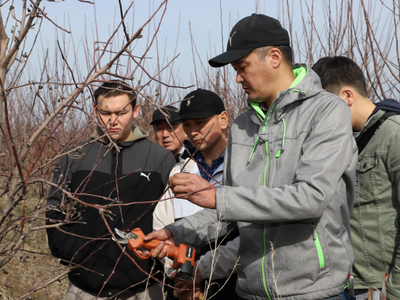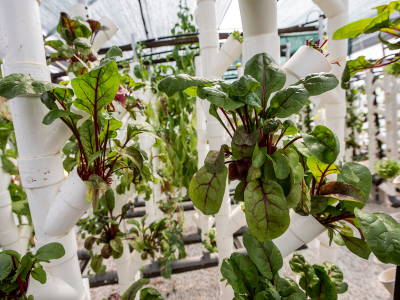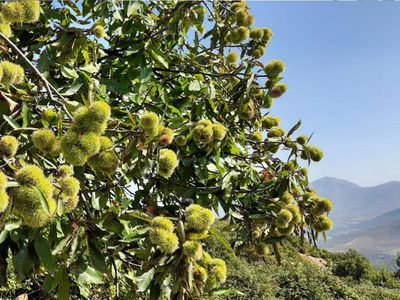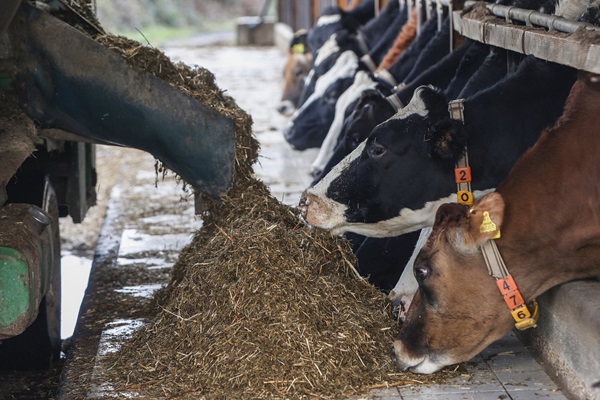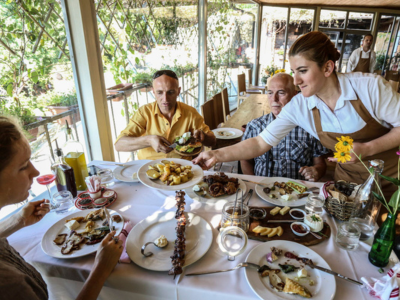Elements: export diversification, value chains, food loss and waste, outbound trade promotion, geographical indications and quality branding, public-private dialogue
This component aims to assist countries in creating a supportive policy environment to diversify their export of agrifood products and enhance domestic markets.
One of the main goals of this component is to promote sustainability all along the food value chain to achieve an improved policy environment for trade and agribusiness. Reduction of food loss and waste provides solutions to develop more efficient, inclusive and sustainable food systems. The promotion of organic production and geographical indication schemes provides a tool for food quality and branding, a means for accessing new markets, and an opportunity for maintaining related food traditions and cultures. Initiatives that specifically address rural women improve quality and competitiveness of the rural crafts produced by them, which results in greater income, reduced rural-to-urban migration and empowerment of rural women.
In addition to supporting open policy dialogue among public and private stakeholders, FAO engages in increasing public and private investments by promoting successful international and regional experience in risk management mechanisms.
Components
- Implementation of trade agreements to increase access to new markets
- Increased capacity to implement global standards
- Supportive policy environment for domestic agrifood markets and export promotion
Related publications
- Policy studies on agribusiness development
- Policy studies on rural transition
Links
- Codex Alimentarius
- World Health Organization
- International Plant Protection Convention
- World Organization for Animal Health
- FAO Antimicrobial Resistance
Related Sustainable Development Goals
 |  |
 |  |


